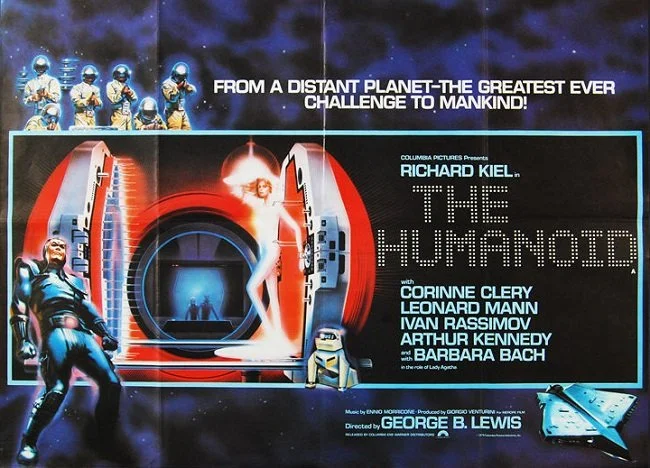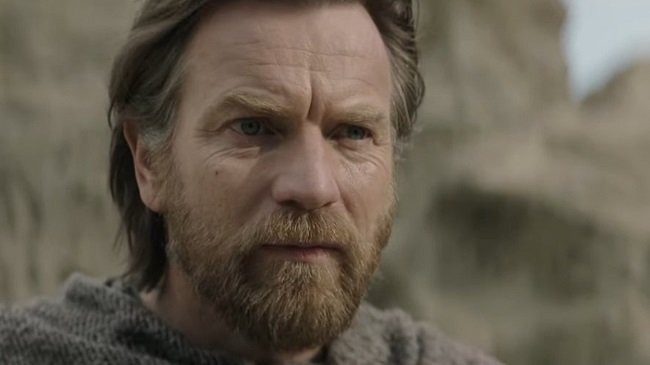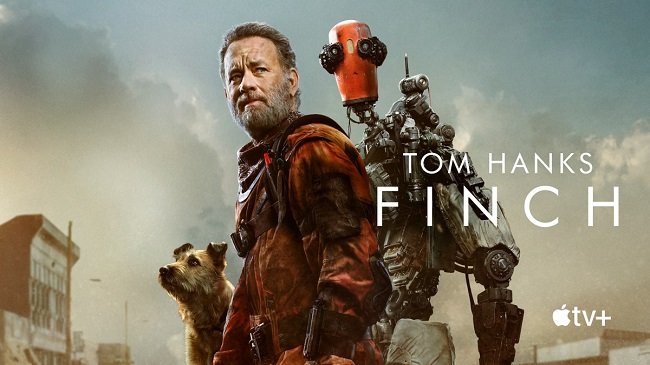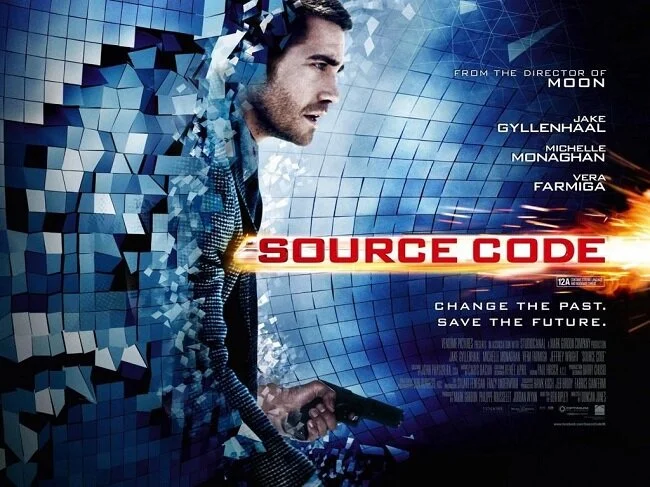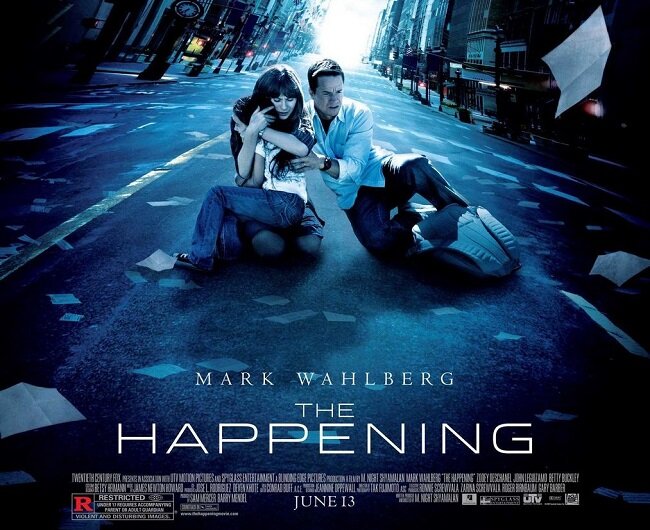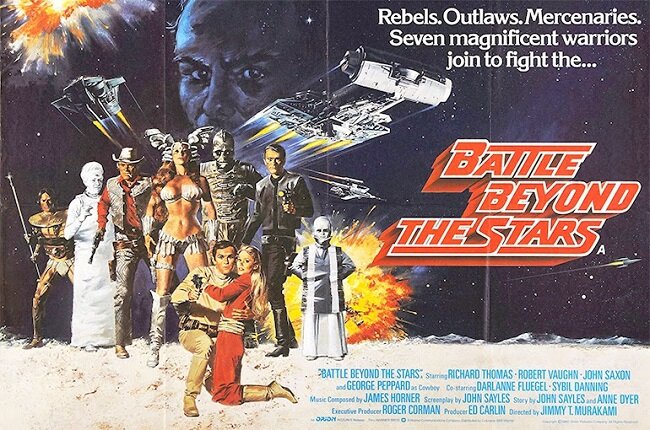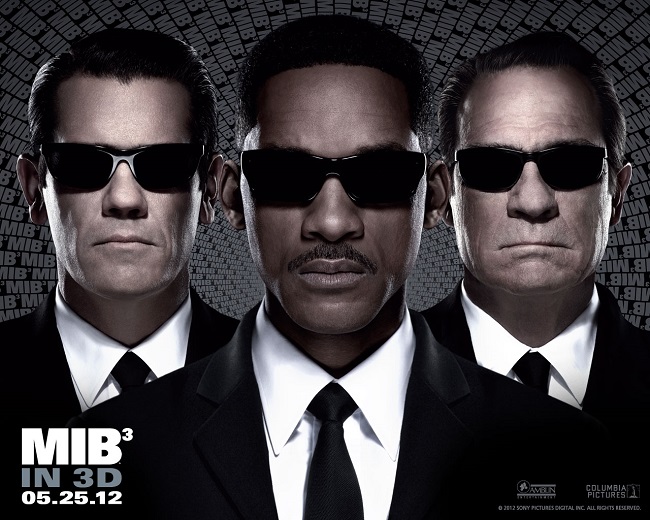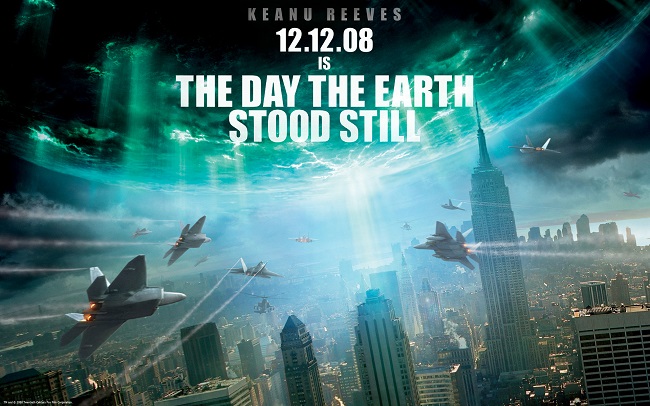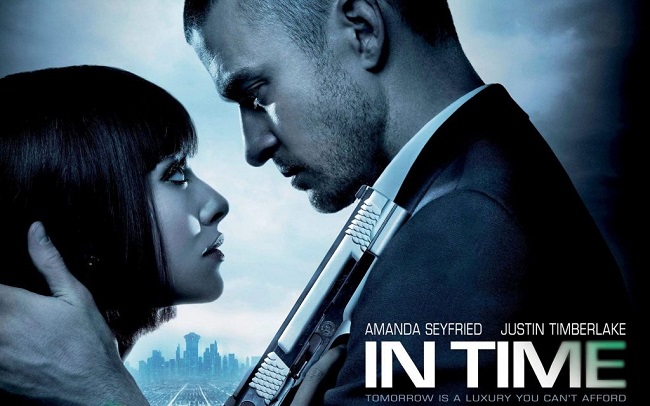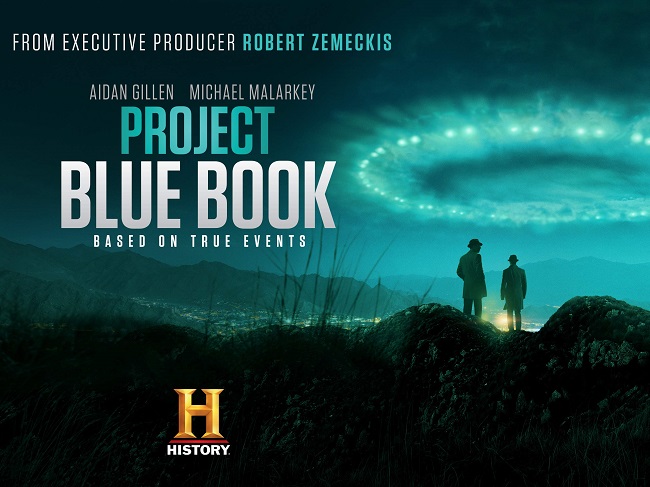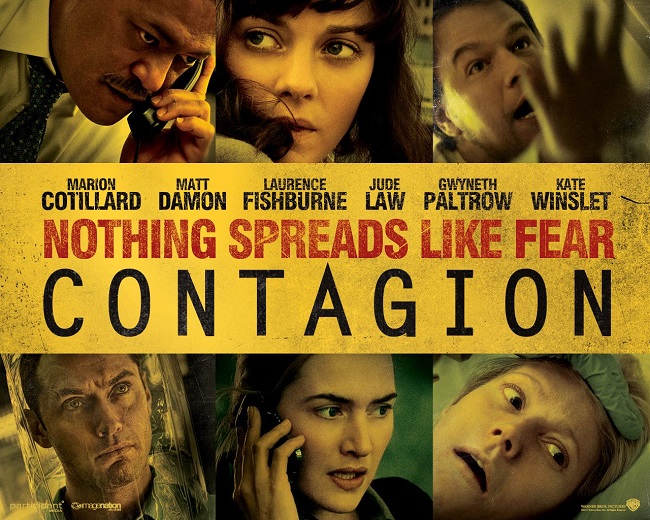The Cloverfield Paradox (2018)
Cloverfield (2008) was a surprise hit, earning $172 million worldwide at the box office against a $25 million budget. Paramount Pictures naturally wanted a sequel but director Matt Reeves and writer Drew Goddard struggled to find a suitable narrative means to progress the original story. Both eventually left the project and the production descended into development hell. The subsequent success of Godzilla and Pacific Rim saw the Kaiju genre becoming oversaturated and so the decision to make a direct sequel was re-evaluated. Eventually a “speculative screenplay” called The Cellar was purchased and repurposed to include some additional science fiction elements and became 10 Cloverfield Lane. Despite being a curious genre hybrid which only tenuously links to the original movie, this too fared well at the box office. Therefore it was inevitable that a third movie in the so-called “Cloververse” would follow.
Due to an emerging energy crisis on Earth, a multinational crew on the Cloverfield Station test the Shepard particle accelerator in an attempt to produce clean and accessible power. The crew consists of English engineer Ava Hamilton (Gugu Mbatha-Raw), American Commander Kiel (David Oyelowo), German physicist Ernst Schmidt (Daniel Brühl), Brazilian medical doctor Monk Acosta (John Ortiz), Irish engineer Mundy (Chris O'Dowd), Russian engineer Volkov (Aksel Hennie), and Chinese engineer Tam (Zhang Ziyi). Ava worries about leaving her husband Michael, especially in light of the recent loss of their children in a house fire. After several years of failed attempts, the accelerator finally works but a subsequent power surge causes a series of strange events. Volkow becomes paranoid and potentially homicidal. A woman is found fused with wires behind a bulkhead. The crew learn that she comes from an identical Cloverfield Station in another dimension. Meanwhile on earth the interdimensional crossovers result in mass destruction. Can the crew of Cloverfield Station rectify the situation?
As Paramount Pictures were so successful in adapting an original script and transforming it into a tangential sequel with 10 Cloverfield Lane, it is understandable why they elected to try this a second time. Hence another spec script, this titled God Particle, was procured and retrofitted into a third edition to the “Cloververse”. The only difference this time is that that transition is far from seamless and results in a film that looks like it has been clearly assembled from separate elements. Many of the plot devices in The Cloverfield Paradox just don’t hang well together. The screenplay focuses on the particle accelerator experiments tearing the fabric of space time and opening portals to multiple parallel universes. Because these incursions can occur at any point in Earth’s timeline, this provides a convenient means to explain both previous sequels. Hence we have a Kaiju attack in 2008 and an alien invasion in 2016. But other elements of the story remain woefully underdeveloped. Michael Hamilton’s rescue of a young girl offers an opportunity to explore his own loss of his children. It is however neglected. The backstory and dynamics of the crew on the Cloverfield Space Station is also very thin.
Director Julius Onah does not manage to pull the elements together cohesively and so The Cloverfield Paradox often feels like a series of clever but ever so contrived CGI set pieces, linked by some clumsy and at times dull plot exposition. What makes it all the more frustrating is that there are some good ideas here and with more care and attention to the screenplay, this could have been a far better film. The final scene pretty much highlights everything that is wrong in the film, as it crassly crowbars in a reference to Cloverfield that couldn’t have been any less subtle if it tried. However, budget overruns and a lack of confidence in the finished product saw Paramount Pictures sell The Cloverfield Paradox to Netflix, rather than risk a theatrical release. Which means that this odd and vicarious trilogy of films, which grew into a franchise out of purely financial reasons, has more than likely run its course.




